According to Reuters, the BlackBerry maker announced the plans while touting "massive" corporate interest in the device.
"In large companies, they're talking deployment in the tens of thousands, right off the bat," said Jeff McDowell, RIM's senior vice president of enterprise and platform marketing. According to McDowell, corporations are seeing the PlayBook as an essential tool to employees, just like a phone or a PC.
RIM apparently decided to use Sprint because it has the most "ubiquitous 4G network at this point." Sprint is currently the third largest wireless network in the U.S., with only Verizon and AT&T having more subscribers.
Wireless carriers in the U.S. are currently in a 4G 'arms race,' vying for the titles of "fastest" and "largest" 4G network. AT&T on Wednesday outlined accelerated plans to deploy 4G LTE technology. Meanwhile, Verizon has begun rolling out its own 4G LTE network.
The PlayBook tablet was available for hands-on demonstrations for the first time Wednesday at the Consumer Electronics Show. The device "performed smoothly as it went through its paces," according to the report.
RIM has yet to set a price for the PlayBook, though the company has said it will sell the device for "under $500." A Wi-Fi only version of the device is expected to launch in the first quarter of this year.
The report also noted that, according to McDowell, the PlayBook's battery life "will last as long or longer than other 7-inch tablets." Samsung's 7-inch Galaxy Tab gets approximately 6 hours of battery life. By comparison, Apple's iPad gets 10 hours of battery life.
McDowell called concerns about Adobe Flash reducing battery life "absurd generalizations."
Analyst Shaw Wu of Kaufman Bros. recently expressed concerns over development of the PlayBook, citing sources who claim that test units of the tablet only get "a few hours" of battery life. RIM quickly fired back, denying the claims and promising "superior performance with comparable battery life." Despite RIM's denials, Wu issued a follow-up report maintaining his stance that even matching the Samsung Galaxy Tab's battery life would require "significant engineering."
Apple CEO Steve Jobs remains skeptical about 7-inch tablets, believing they "will be dead on arrival, and manufacturers will realize they're too small and abandon them next year. They'll then increase the size, abandoning the customers and developers who bought into the smaller format."
 Josh Ong
Josh Ong

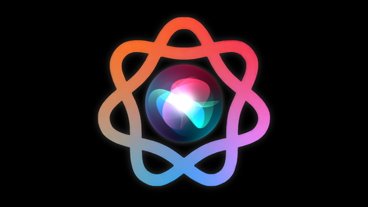










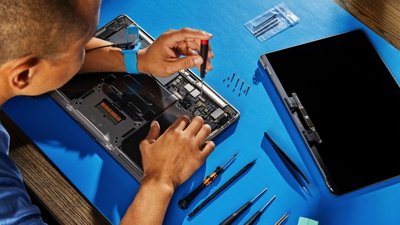
 Charles Martin
Charles Martin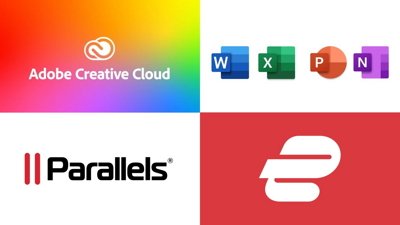
 Amber Neely
Amber Neely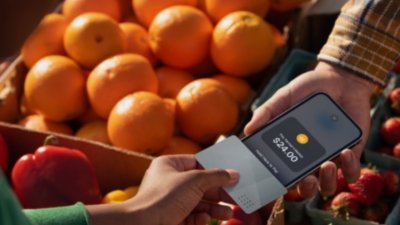
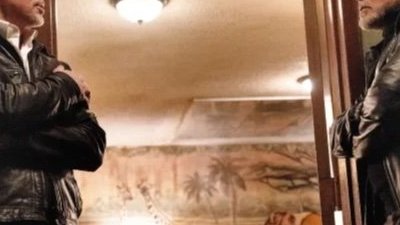
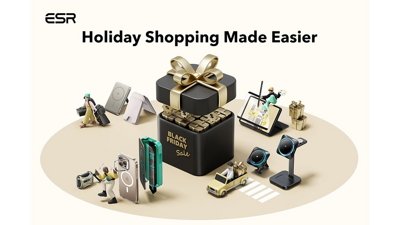
 Sponsored Content
Sponsored Content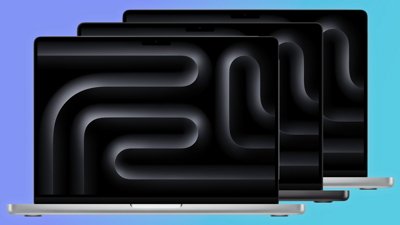
 AppleInsider Staff
AppleInsider Staff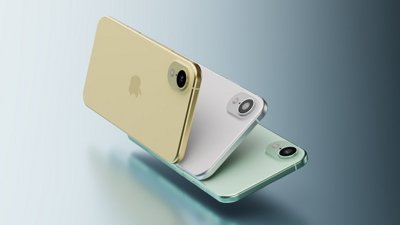
 Malcolm Owen
Malcolm Owen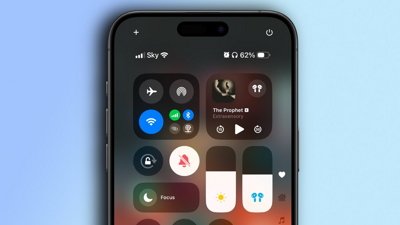
 Oliver Haslam
Oliver Haslam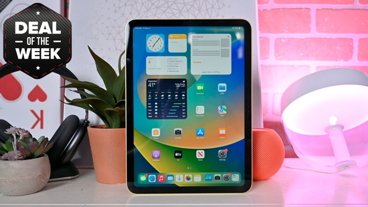
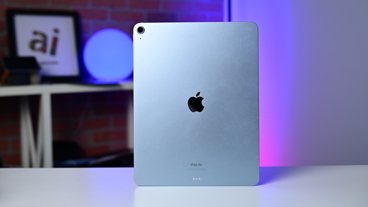






99 Comments
The report also noted that, according to McDowell, the PlayBook's battery life "will last as long or longer than other 7-inch tablets." Samsung's 7-inch Galaxy Tab gets approximately 6 hours of battery life. By comparison, Apple's iPad gets 10 hours of battery life.
The demonstration and UI looks really slick, certainly better than the Galaxy Tab using Android 2.2 and better than the mockup video of Android 3.0 ?designed for tablets?, so WTH is going on that it only has 4 hours left with 93% of battery remaining. How does 7% equate to more than 50% more run time?
The demonstration and UI looks really slick, certainly better than the Galaxy Tab using Android 2.2 and better than the mockup video of Android 3.0 ?designed for tablets?, so WTH is going on that it only has 4 hours left with 93% of battery remaining. How does 7% equate to more than 50% more run time?
because bullshit walks
Corporations are going to buy tens of thousands of devices which only run on Wi-Max?
That'll come in handy
Summer 2011? Wont the iPad 2 launch before that?
The demonstration and UI looks really slick, certainly better than the Galaxy Tab using Android 2.2 and better than the mockup video of Android 3.0 ?designed for tablets?, so WTH is going on that it only has 4 hours left with 93% of battery remaining. How does 7% equate to more than 50% more run time?
http://www.engadget.com/2011/01/06/b...ybook-preview/
Like in the video, maybe they had Quake 3, 1080p video playback, music player and a photo slide show going simultaneously and the time was affected by the rate of discharge?